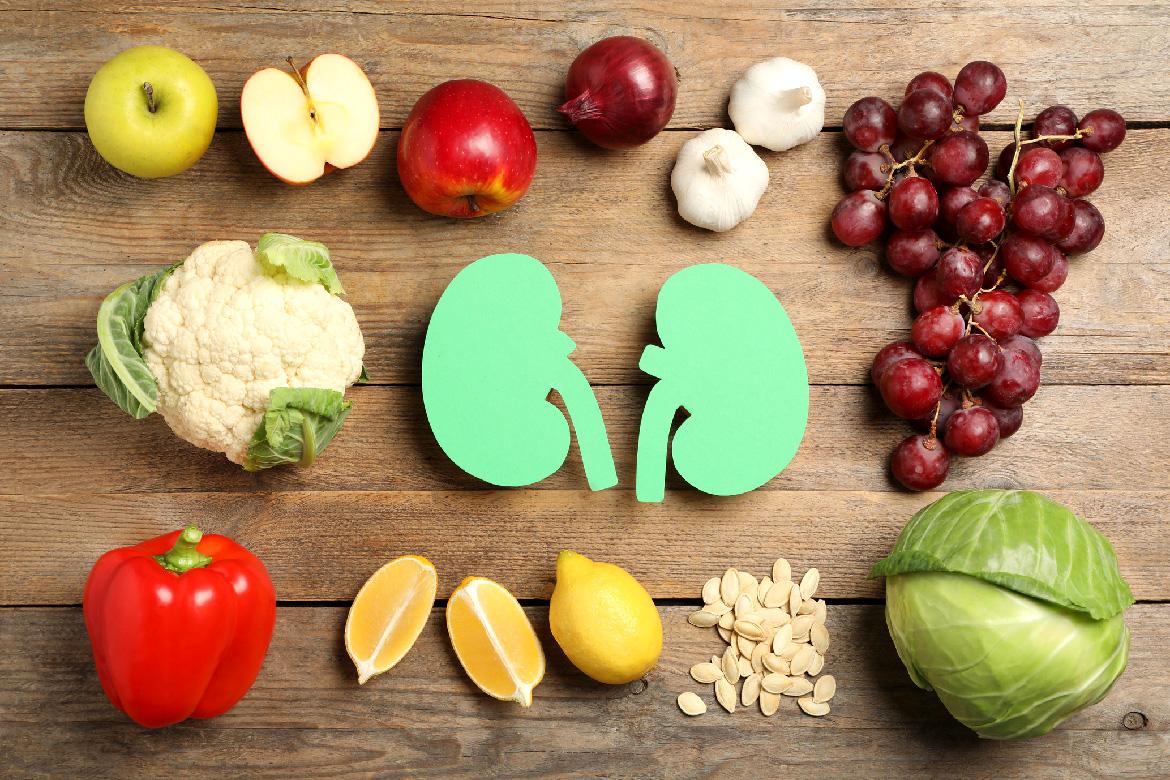Health Plus articles
8 Healthy Eating Tips for Chinese New Year by Dietitians
As great a time of the year this festive season is, it can also be tough to stay healthy. Discover simple tips from accredited dietitians on how you can eat more healthily during Chinese New Year without feeling like you're depriving yourself.
Ready for Haj? Here’s Your Complete Health Checklist
From health checks to vaccinations and travel tips, Dr Eliza from Parkway Shenton shares what Singapore pilgrims need to prepare for a safe and healthy Haj journey.
Managing Hypertension: An Integrative East-Meets-West Approach
Wondering how to manage high blood pressure? Find out how integrating Western medicine and TCM can help you control hypertension and promote heart health naturally.
How to Read Your Blood Pressure: What is Normal Blood Pressure?
Understand your blood pressure reading with this simple guide. Learn what is normal and high blood pressure, systolic and diastolic numbers, and hypertension warning signs.
How to Improve Kidney Function Naturally
Discover practical and natural ways to boost your kidney health, early signs that may indicate kidney problems, and when you should seek a doctor for your kidney health.
Living Well with Chronic Kidney Disease
Chronic kidney disease has been on the rise, and it’s become more important than ever to know what it is, how to prevent it, and how to manage it.










